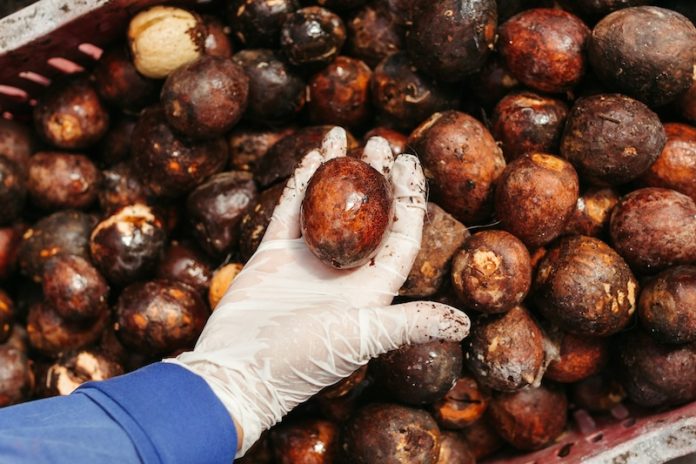
A recent study from IRB Barcelona has found that a type of fatty acid commonly found in palm oil, called palmitic acid, may increase the spread of cancer. Researchers discovered that this fatty acid promotes metastasis—the process where cancer spreads to other parts of the body—in oral cancer and melanoma, a serious type of skin cancer.
In contrast, other fatty acids such as oleic acid and linoleic acid, which are found in olive oil and flaxseeds, did not show the same effect. This suggests that not all fats affect cancer in the same way.
Metastasis is the leading cause of death in cancer patients. Once cancer has spread, most treatments can only slow it down, not cure it. Because of this, scientists are constantly searching for ways to prevent metastasis from happening in the first place.
Fatty acids are essential components of the fats we eat and the fats in our bodies. Cancer cells rely on fatty acids for energy and growth, and the researchers wanted to see how different fats influence cancer’s ability to spread.
Their experiments in mice showed that when palmitic acid was added to the diet, it not only fueled metastasis, but also caused lasting changes in cancer cells. Even after the palmitic acid was removed from the diet, the cancer cells remained highly aggressive and continued to spread.
The scientists found that this “memory” effect happens because of epigenetic changes—modifications to the way genes work without changing the actual DNA sequence. These changes allow cancer cells to create a network of nerve-like connections around the tumor, helping them communicate with surrounding cells and spread more easily.
The good news is that the researchers also identified a way to block this process. They are now working on developing treatments to stop metastasis and are planning a clinical trial to test their findings in different types of cancer.
While these results suggest that reducing palmitic acid in the diet might help slow metastasis, the researchers caution that it is too early to make specific dietary recommendations for cancer patients. More studies are needed to understand how diet influences metastasis and whether avoiding certain fats could be a useful strategy in cancer treatment.
This study, led by Professor Salvador Aznar-Benitah, was published in Nature. It adds to growing evidence that diet plays an important role in cancer progression and highlights the need for further research into how certain foods may affect the spread of the disease.
If you care about cancer, please read studies about vitamin D and bowel cancer, and a cautionary note about peanuts and cancer.
For more health information, please see recent studies about the link between ultra-processed foods and cancer, and everyday foods to ward off pancreatic cancer.
Copyright © 2025 Knowridge Science Report. All rights reserved.



